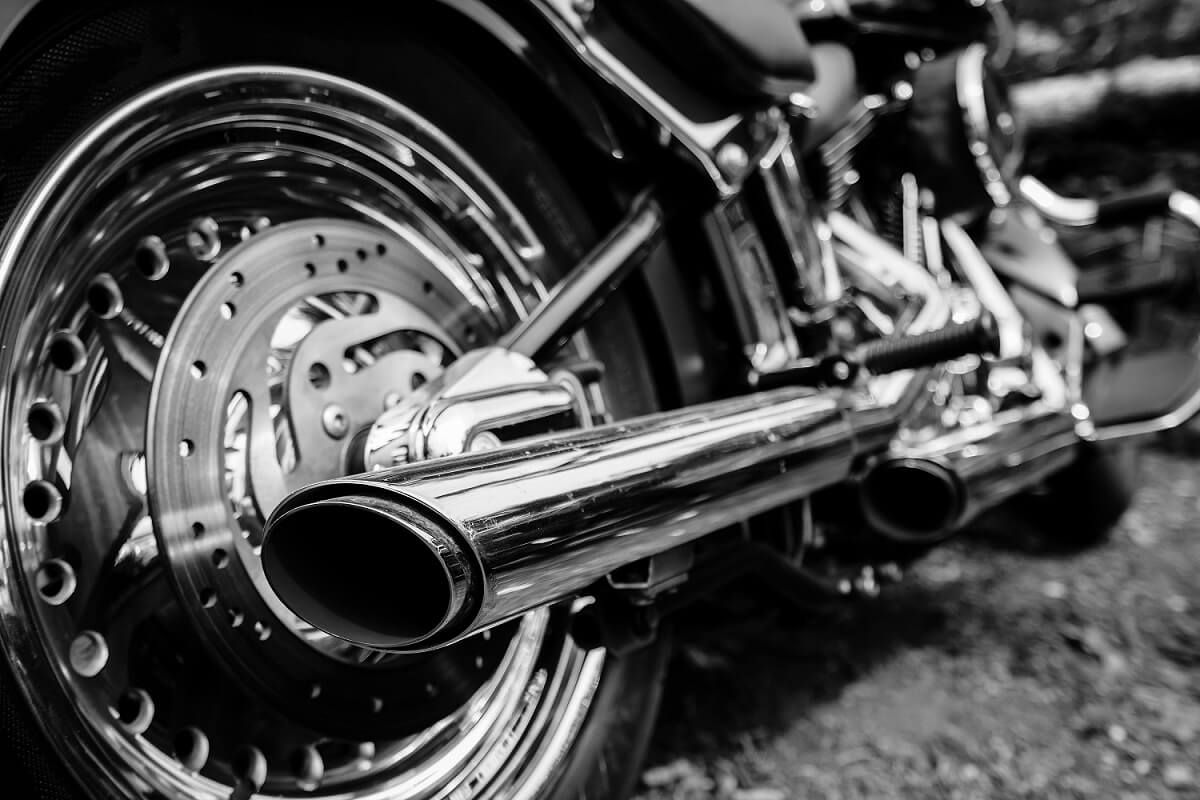How to Get Covered for Your Motorcycle Accident
The first motorcycle, invented in 1867 by Sylvester Howard Roper, was powered by a two-cylinder steam engine. The first gas-powered motorcycle didn't arrive until 1885. The Harley-Davidson, Excelsior, Indian, and Triumph motorcycles soon followed. Motorcycle riding gained popularity after the World Wars. A countercultural idea about motorcycles came about when certain clubs portrayed danger and violence. That atmosphere has been significantly diluted, with the spotlight on legitimate, organized, races affiliated with the American Motorcycle Association (AMA). The working class began to take weekend trips on motorcycles, simply to get away and enjoy the outdoors. The view of motorcycles having gang affiliation was becoming a peaceful pastime activity.

Some Benefits of Riding a Motorcycle
Motorcycles have become another mode of regular transportation. They are used for enjoyment, but also for everyday driving to work. This is not to say that some car drivers still don't like to share the road with motorcycles. Motorcycles can save a lot of money on fuel. Some bikes get 70 miles per gallon, or more. A motorcycle usually costs less to buy than a car, the insurance is also less than owning a car, and you rarely have trouble finding a parking spot.
Wearing Protective Gear
Knowing how vulnerable you are, when riding out in the open, you need to take every precaution available to protect yourself. You should wear a full-mask helmet, thick leather jacket, leather or tough fabric pants, gloves, and oil-resistant boots, with non-slip soles. If you are involved in an accident, you will stand a better chance of surviving fatal injuries. Drive defensively, stay alert, and never get relaxed, as when you drive a car. Every bump in the road, pothole, puddle, tailgating car, or a car driver who doesn't like sharing the road with you, is a potential accident waiting to happen.
What to Do in Case of an Accident
Depending on your injuries, if you are able, call 911; help anyone else who might need medical attention; get all vehicles off the roadway; if possible, or use hazard lights; call the police; exchange information with anyone else involved; try to take notice of your surroundings, location, road conditions, speed limits, weather, time, recollection of what happened, etc.; try to talk to witnesses and write down their comments; call your insurance company as soon as you are able; and don't admit fault to anyone.

The Insurance Company
Most of the steps above will depend greatly on your own injuries. Maybe witnesses will be the ones to call 911 and the police. When you can contact your insurance company, you will need to give them the police report number. Don't agree with the first figure they give you for the settlement. If you have concerns about future, long-term health problems from the accident, don't sign any papers and don't cash any checks. For your best chance to receive a realistic and fair settlement from the insurance company, call a lawyer who specializes in motorcycle accidents. You might not be able to return to work for a long time, and you might have whiplash that materializes later on, or other unseen injuries that aren't diagnosed right away. Your lawyer should work with you and have your best interests at heart.
